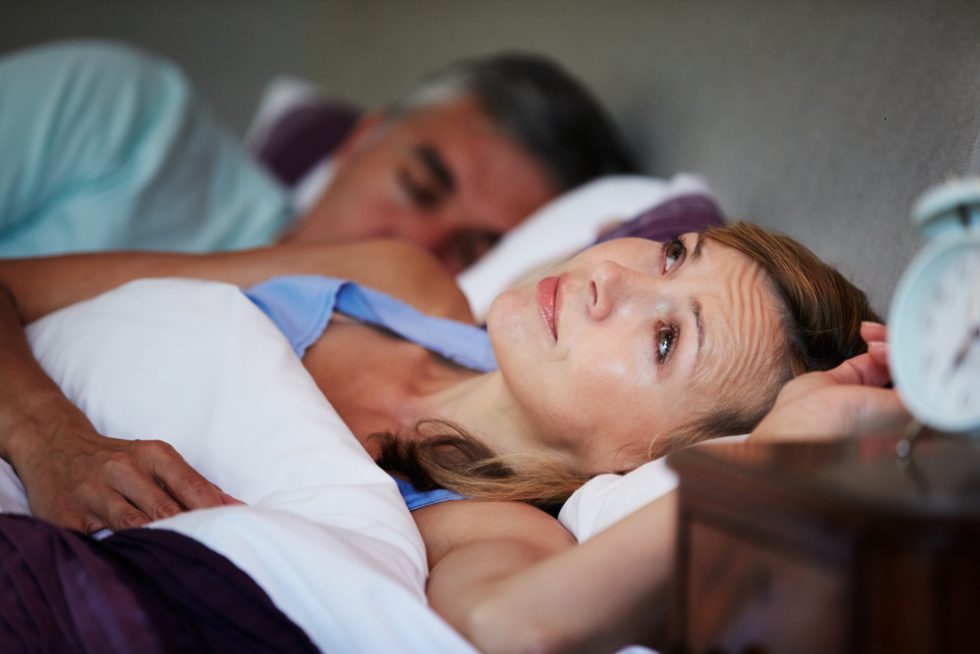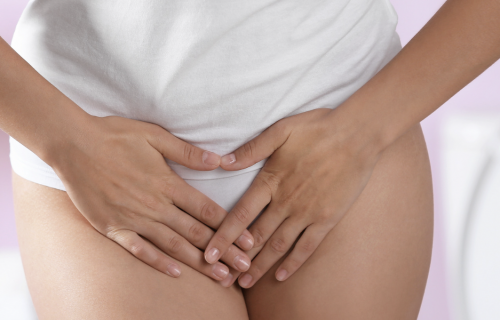
Need a Good Night’s Sleep?
According to the CDC, 35 percent of Americans are lacking when it comes to a good night’s rest.
While we know that lack of sleep can affect alertness and productivity, it’s more essential that many of us may realize.
In fact, sleep is essential to our survival an is a period of restoration and repair for our bodies. Nervous system and immune system functioning are especially reliant on adequate and quality sleep.
So, are you in need of a good night’s sleep, but have difficulty falling asleep, staying asleep, or sleeping soundly?
If so, keep reading to learn seven tips to help you sleep better at night.
1. Stick to a Sleep Schedule
A regular sleep schedule is key to getting quality and adequate rest. This means going to bed and waking up at the same time seven days a week and resisting the urge to try to make up for sleep on the weekends.
2. Exercise Early
If you need a good night’s sleep, try working out first thing in the morning. It helps release endorphins to boost your mood throughout the day and is preferable to a late night sweat session that can leave you overstimulated and unable to sleep.
3. Break Unhealthy Habits
Smoking, alcohol and drug use, and caffeine consumption are all habits that can be interfering with sleep. Taking steps to decrease or extinguish these behaviors will improve your rest and overall functioning.
4. Create a Calm and Comfortable Sleep Environment
Your bedroom should be a calm and welcoming refuge from the day’s stressors and distractions. To set the stage for sleep, adjust the temperature to a comfortable setting, remove noise, and place electronic devices out of sight and reach.
5. Soak Up Natural Light–But Not Too Late
Natural sunlight is essential to maintain the proper flow of your circadian rhythms. However, exposure to bright lights, especially blue light from cell phones, can interfere with melatonin production when you need a good night’s sleep.
6. Follow a Healthy Diet
A nutritious diet and quality sleep go hand in hand, especially foods that act on tryptophan, serotonin, and melatonin levels. It’s also advisable to avoid late night eating, which can cause digestion issues and GI symptoms that impact your rest.
7. Try a Natural Remedy
Finally, if you need a good night’s sleep and are having trouble drifting off despite your best efforts, melatonin, amino acids Glycine and L-Theanine, magnesium, ginkgo biloba, valerian root, and lavender are all natural remedies that may be able to help.
If you are having difficulty getting a good night’s sleep, please call The Menopause Center in Tysons, VA today to schedule a comprehensive consultation with Dr. Melinda Hall.




Add A Comment
You must be logged in to post a comment.